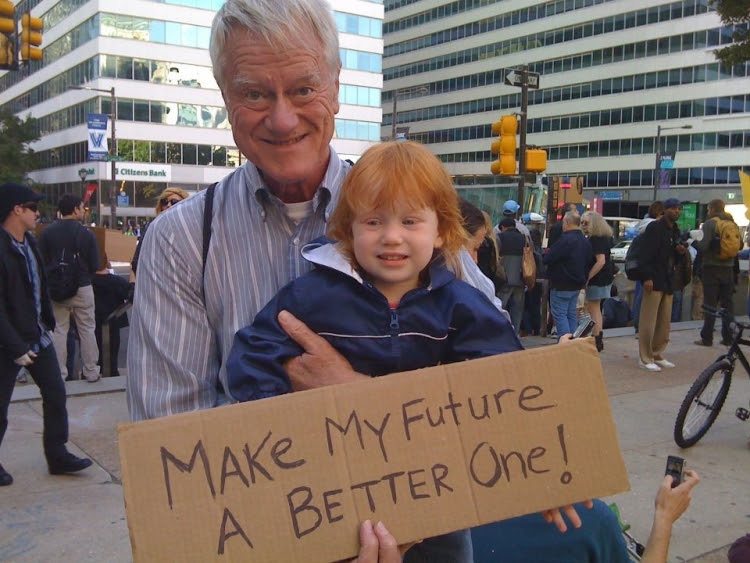Keynote Speaker
Keynote Speaker: George Lakey
Activist, professor, author of eleven books
“Civil rights legend” – The Guardian

How Does Civil Rights History Help Us—and Not—in Understanding What We’re Facing Now?
George Lakey’s first arrest was for a sit-in during a civil rights campaign in 1963, while he was studying at the University of Pennsylvania. Previously he’d been active in demonstrations with the Congress of Racial Equality, although his history goes back to age twelve when he lost his career as a boy preacher in his white evangelical church by preaching that racial equality is God’s will.
With Martin Oppenheimer he wrote A Manual for Direct Action (1964) for the civil rights movement. MLK's daughter, Rev. Dr. Bernice A. King, later described that book as “literally a lifesaver for many during the height of the struggle for black freedom and dignity.”
Also in 1964, he joined the training staff for Mississippi Freedom Summer, in which nearly a thousand students from the North went to Mississippi to lead Freedom Schools and do voter registration. After helping design an activist curriculum with civil rights leaders Bayard Rustin, James Farmer and others, he taught at the Martin Luther King, Jr., School of Social Change at Crozer Theological Seminary, assisting young civil rights workers from the front lines to increase their leadership skills.
Supplementing movement learning by taking advanced studies in sociology, Lakey has written a series of articles and books on the theory and strategy of nonviolent struggle. He taught at the University of Pennsylvania and launched Training for Change. He led over 1500 workshops on five continents, including work with the African National Congress and in the civil rights movements of Zimbabwe, Taiwan, and Myanmar. In 2006 Swarthmore College invited him to become Eugene M. Lang Visiting Professor for Issues in Social Change, where he created an on-line database of over 1000 cases of nonviolent campaigns in nearly 200 countries, including dozens of campaigns from the classic period of the U.S. civil rights movement, 1955-68. He is a recipient of the Paul Robeson Social Justice Award and the Martin Luther King, Jr. Peace Award.
His eleventh book is his memoir, Dancing with History: A Life for Peace and Justice (Seven Stories Press, 2022).